Governments and armies around the world call on AEROFFAIRES for special missions requiring security, confidentiality, flexibility and responsiveness from our air charter experts.
We offer our customers absolute discretion and the guarantee of the highest level of security.
The expertise and know-how of our team ensure the success of these missions.
We offer tailor-made solutions for :
Official travel by senior officials, diplomats or heads of state
Transport of troops and military equipment to areas of operation
Medical or humanitarianevacuations in crisis situations
Reconnaissance or aerial surveillancemissions
Transport of sensitive or classifiedcargo requiring enhanced security
Each mission is tailored to the specific needs of the entity concerned, taking into account technical, regulatory and security constraints. Our team can adapt to any logistical contingency, enabling our customers to travel with peace of mind and optimize their journeys.
How relevant is private aviation?
The use of private aircraft by governments and armed forces represents a major strategic asset for ensuring rapid mobility, security and responsiveness in diplomatic and military contexts. Whether for official travel by high-ranking officials, military transport missions, aerial work , emergency recovery operations or medical flights, private aircraft play a key role in maintaining flexibility and responsiveness. Indeed, the ability to have a means of transport adapted to complex situations is an imperative for political decision-making and crisis management.
Private government jets and military transport aircraft not only reduce travel times, but also ensure maximum safety, thanks to cutting-edge technologies. This highly secure mobility is accompanied by strict protocols guaranteeing the protection of sensitive information and passengers. The governmental and military aviation sector is distinguished by its advanced technology and high standards, aimed at effectively supporting critical missions while respecting confidentiality requirements.
In this article, we explore the different aspects ofprivate aviation for governments and militaries, focusing on travel optimization, air infrastructure security and the financial stakes of these specialized fleets.
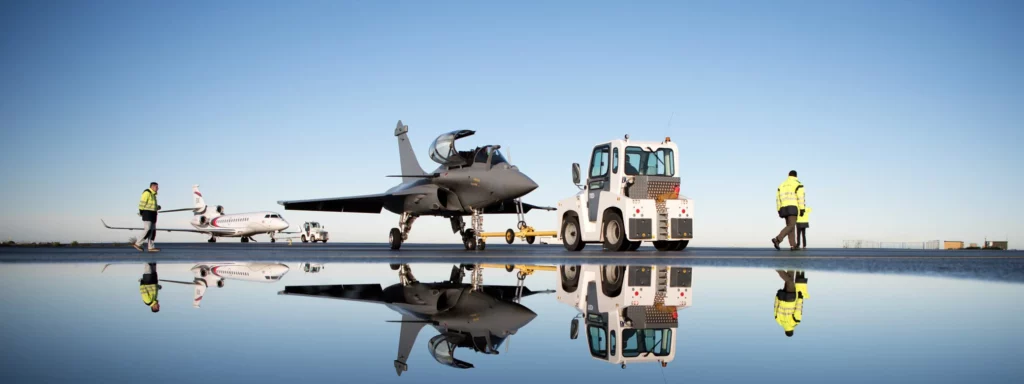
Types of aircraft used by governments and armed forces
Private aircraft for governments and armies vary according to the specific missions they have to accomplish. These aircraft are chosen for their technical capabilities, enhanced safety and route flexibility. Here are the main types of private aircraft used in this context.
Private jets: characteristics and uses
Government private jets are designed to meet the demands of diplomatic mobility and international crisis management. These aircraft offer high speed, remarkable autonomy and comfort for high-ranking officials and diplomats. They are often equipped with advanced technologies to ensure the security of communications and sensitive information during flight. These aircraft are used for international travel, humanitarian missions and diplomatic visits, guaranteeing maximum responsiveness to political or economic imperatives.
Military transport aircraft: from logistics to high-level missions
Military transport aircraft play an essential role in logistics and the rapid deployment of troops and equipment. These aircraft are capable of transporting large numbers of soldiers, vehicles and heavy equipment, while remaining operational in extreme conditions. C-130s, A400Ms and other mission-specific models are used for tactical support missions, from heavy equipment transport tomedical evacuation and strategic deployment.
Helicopters
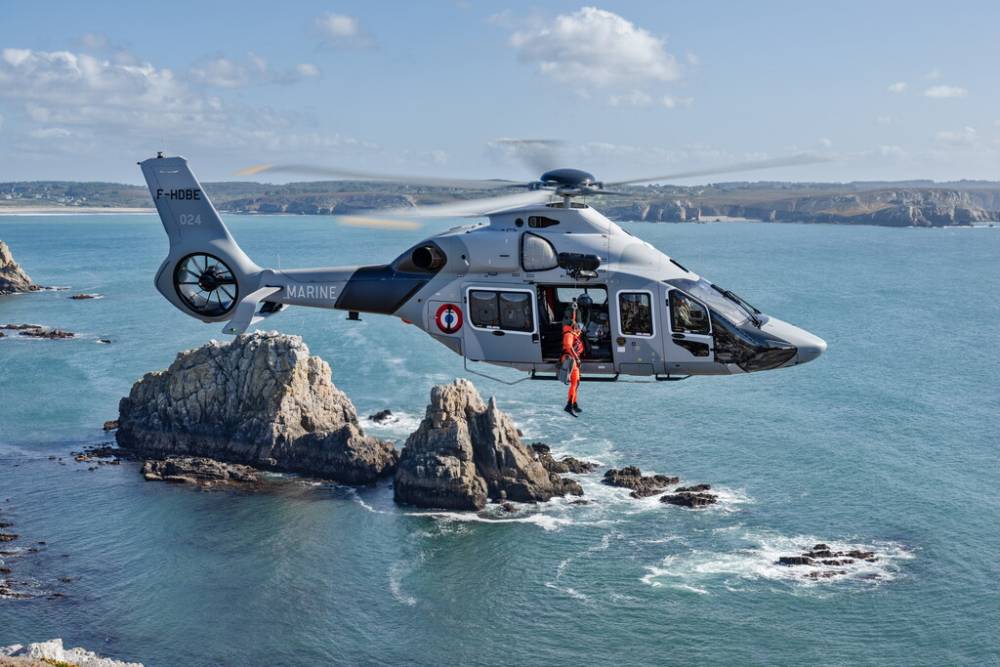
Government and military helicopters are used for missions requiring instant mobility over shorter distances, where access by land is impossible or too time-consuming. These aircraft can be used for high-level transport, emergency medical evacuation or reconnaissance missions. Thanks to their ability to take off and land vertically, they are particularly well suited to hard-to-reach areas.
Heavy-lift helicopters, such as the CH-47 Chinook, can also be used to transport heavy military equipment in complex tactical environments.
Governments and armies therefore favor a diversity of aircraft to ensure an appropriate response to every situation, whether it involves diplomatic travel, relief missions or military deployment.
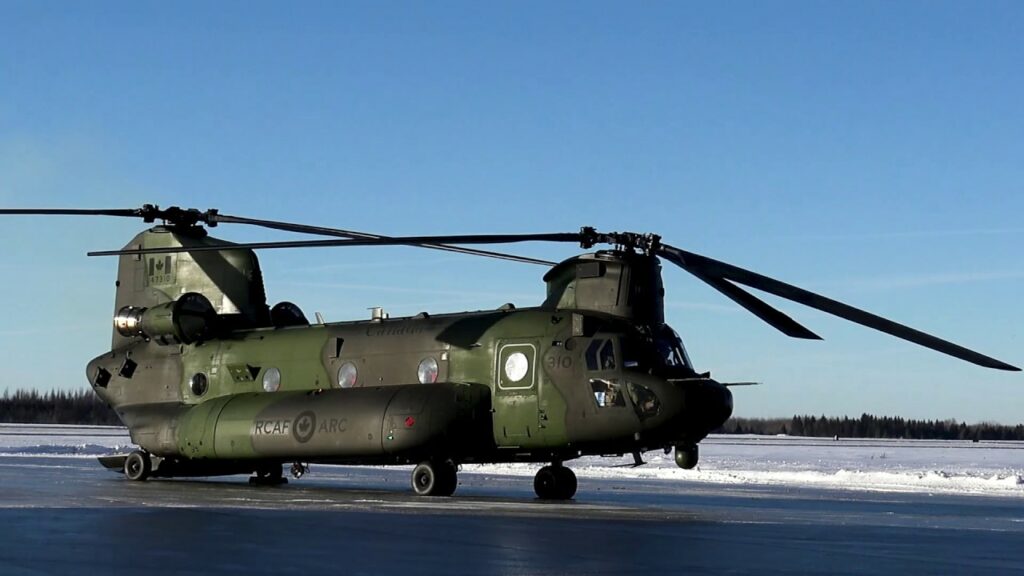
Security and confidentiality
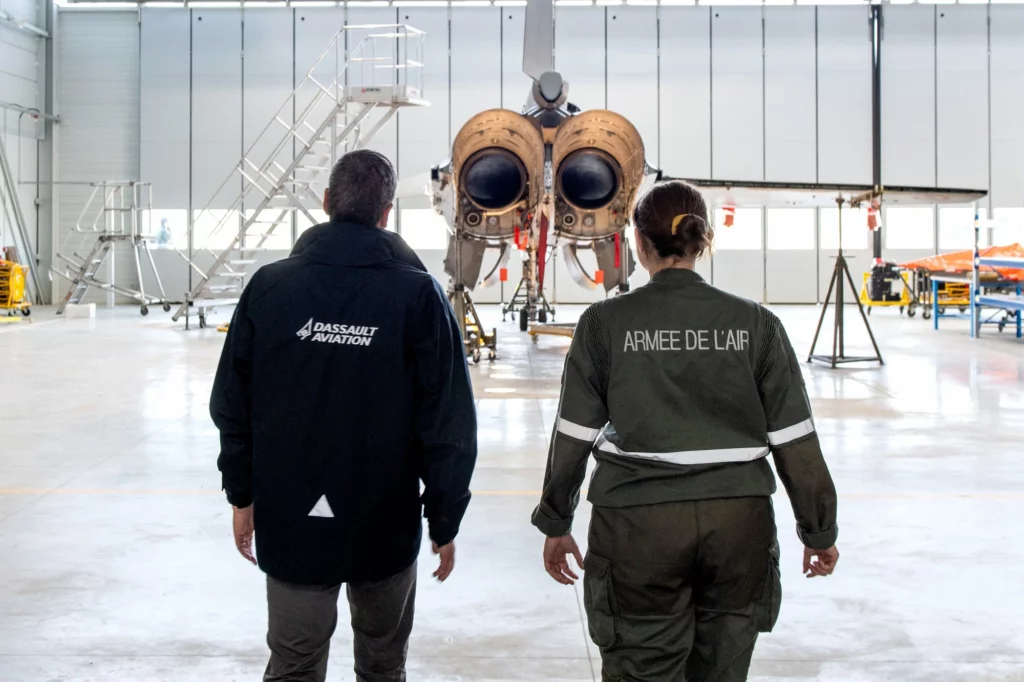
Security and confidentiality are top priorities when it comes to transporting high-ranking officials or carrying out sensitive military missions. Private government and military aircraft are specially designed to ensure that information, passengers and missions are protected during flight. Several levels of security are integrated, ranging from communication encryption technologies to physical protection of the aircraft.
Security protocols specific to government flights
Government flights are subject to strict security protocols. These include continuous monitoring of the aircraft, the use of secure communication systems and the presence of crews trained to handle crisis situations. Private aircraft can be equipped with threat detection devices, jamming systems to prevent interception, and shielded meeting rooms, enabling senior officials to conduct confidential discussions in complete security.
On-board communication and encryption systems
One of the key elements in guaranteeing the security of government flights is the use of encrypted communication systems. These systems protect sensitive exchanges, from diplomatic discussions to strategic military decisions. In the event of a crisis or emergency, it is crucial that officials have immediate access to secure networks to maintain the confidentiality of information transmitted in flight.
Securing sensitive information while on the move
In addition to the physical safety of passengers, the protection of sensitive data is a priority. Private government and military aircraft are equipped with advanced technologies to prevent any hacking or interception of information. Computer security protocols are reinforced, and aircraft can even be fitted with navigation system security devices to prevent any attempt to hack flight paths.
Optimizing official travel
Private jets and other private government aircraft play a key role inoptimizing official travel. These aircraft enable high-ranking officials and diplomats to get to their international engagements quickly, while enjoying maximum comfort and security. The use of a private jet in these contexts offers greater flexibility, enabling itineraries to be adapted to mission requirements.
The role of private jets in diplomatic travel
Private government jets are often used for diplomatic travel between leaders and government representatives. These trips require meticulous planning and great flexibility in order to meet the imperatives of international discussions. Private jets offer sufficient range to serve remote destinations, and allow last-minute itinerary changes to be made in response to political issues.
Logistical advantages for ministers, diplomats and senior officials
Private jets considerably reduce travel time for ministers and other diplomats. Direct access to private airports and the ability to bypass the constraints of major airport hubs means substantial time savings. What’s more, theprivacy and comfort offered on board make it easier to prepare meetings and manage sensitive files during the flight.
Route planning: flexibility and responsiveness to emergencies
One of the main advantages of private aircraft for governments and armed forces is their flexibility. In the event of an emergency, it’s crucial to be able to react quickly and adapt itineraries to strategic needs. Whether for last-minute negotiations or an unforeseen humanitarian mission, private jets guarantee immediate responsiveness, ensuring optimal management of official travel.
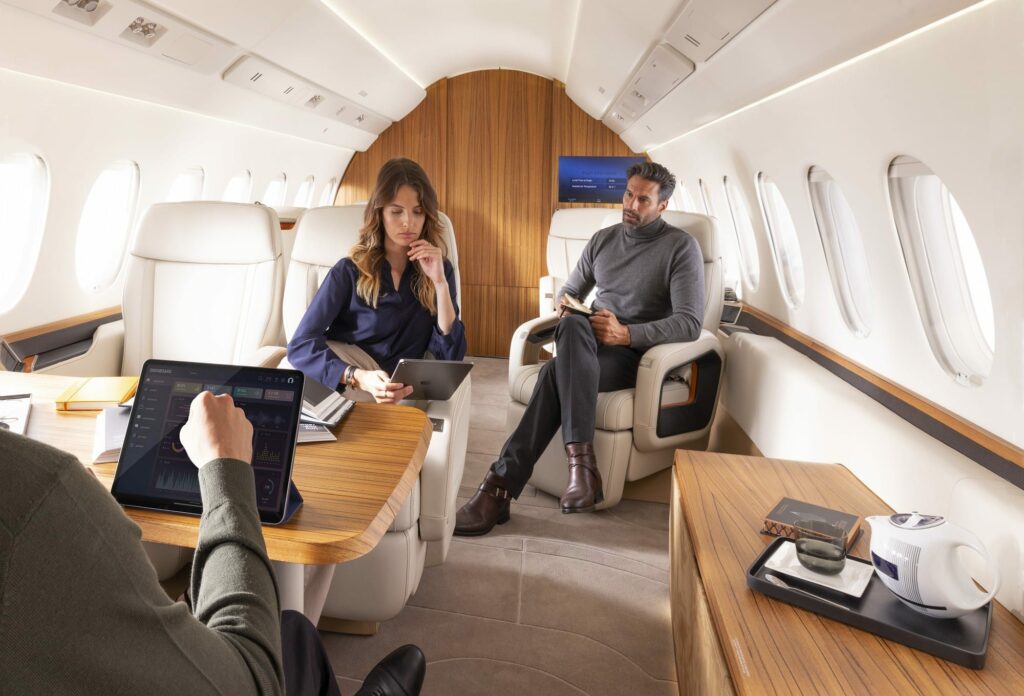
Private jets for military missions
Private military aircraft are essential tools for the logistics and tactical operations of armed forces. Thanks to their ability to rapidly transport heavy equipment, troops or specialized equipment, these aircraft play a crucial role in military deployment and emergency response in the field.
Troop and equipment transport
Private military transport aircraft are used to transport troops and material resources on a large scale. These aircraft are often equipped with fast-loading systems and maximum carrying capacity, enabling them to move elite units or heavy cargo, essential to support missions in war zones or humanitarian operations. The use of private military jets ensures rapid deployment, even in remote or difficult-to-access areas.
Rapid deployment of forces: issues of speed and capacity
In a military context, rapid intervention is essential. Private military aircraft are designed for rapid response, whether for dispatching reinforcements or for emergency operations in war zones. Thanks to their autonomy and adaptability, these aircraft can react instantly to changes on the ground. The ability to deploy specialized forces at any time, while guaranteeing a constant supply of equipment, is essential to maintain the effectiveness of the operation.
Setting up forward bases using airborne resources
Private military aircraft also play a key role insetting up forward bases in strategic areas. By enabling the rapid transport of equipment, mobile structures and personnel, these aircraft facilitate theestablishment of temporary bases or points of operation. The ability to create air bases or command posts as close to the field as possible is a major asset for an agile military response.
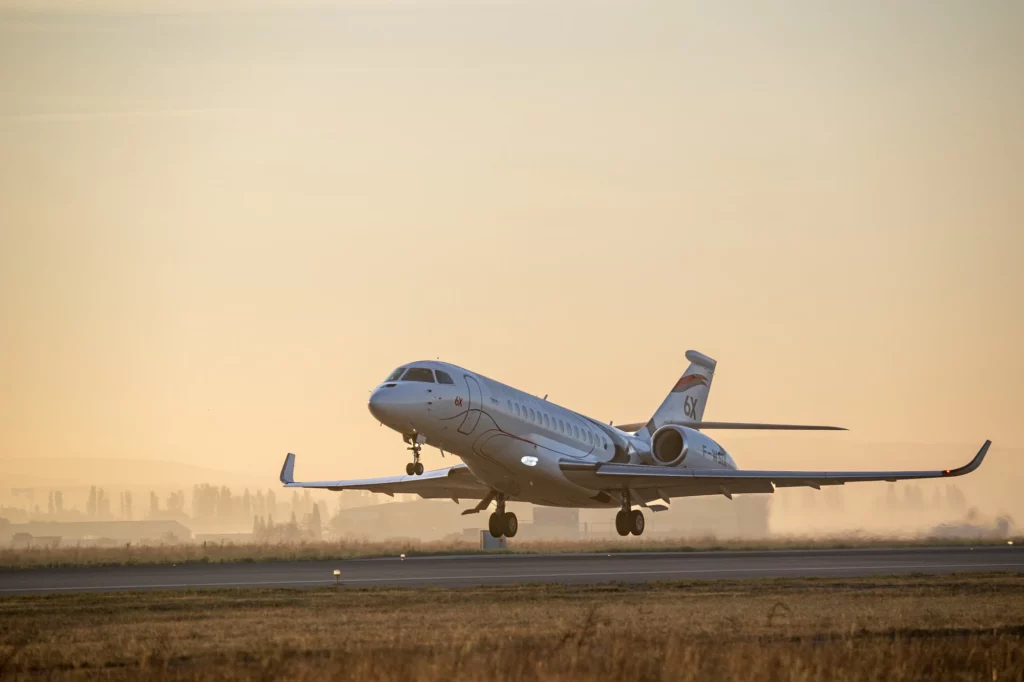
Advanced technologies and fleet modernization
Government and military private aircraft are constantly evolving, thanks to the introduction of cutting-edge technologies. These advances not only enhance aircraft performance, but also meet specific needs in terms of safety, operational maintenance and environmental footprint reduction.
Technological innovations in government aircraft and helicopters
Modern private aircraft incorporate advanced technologies that enhance their efficiency and safety. For example, navigation systems and aircraft with fly-by-wire controls provide greater flight precision and reduce the risk of human error. In addition, sophisticated radar and threat detection systems are installed to ensure active protection during missions, while optimizing the safety of passengers and sensitive equipment on board.
Benefits of aircraft maintenance and adaptability
Maintaining government and military aircraft is a priority to ensure their operational readiness at all times. Modern private aircraft are equipped with maintenance management systems that enable real-time monitoring of maintenance requirements. This reduces costs and enables better planning of repairs, guaranteeing maximum aircraft availability. What’s more, these aircraft are designed to be modular and adaptable to specific missions.
Reducing carbon footprints and choosing greener aircraft
With growing awareness of environmental issues, governments and armies are taking steps to reduce their carbon footprint. New eco-friendly private aircraft, using biofuels or hybrid propulsion technologies, are being integrated into air fleets. These efforts are helping to reduce the environmental impact of official travel, while maintaining high performance standards.
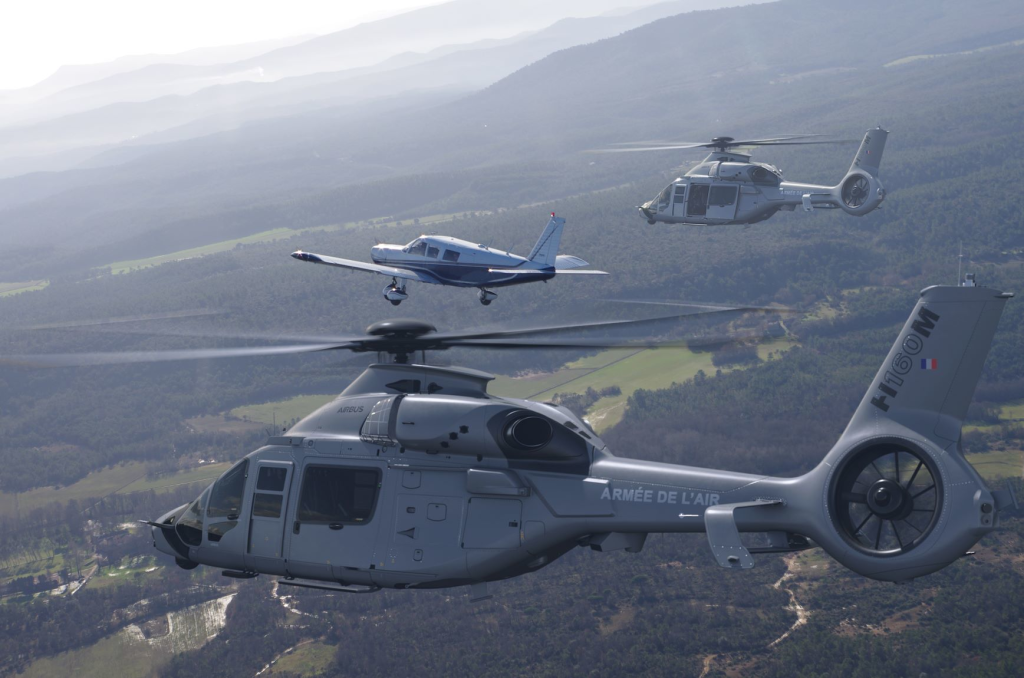
Private aircraft in times of crisis and conflict
Private government and military aircraft play a crucial role in times of crisis and conflict. In these situations, where speed and safety are paramount, these aircraft are capable of carrying out emergency transport missions, medical evacuations and military responses at extremely short notice.
The role of private aircraft in times of war or diplomatic crisis
In crisis situations, whether armed conflicts or major diplomatic crises, private aircraft provide immediate mobility for leaders, diplomats and military officials. These aircraft enable rapid reaction, guaranteeing the protection of high-ranking officials while enabling the rapid deployment of troops and equipment to crisis zones. Their ability to access isolated areas makes them indispensable in managing conflict situations.
Evacuation and humanitarian missions: rapid implementation
Evacuations and humanitarian missions are another key area for private aircraft in times of crisis. In the event of natural disaster or war, the ability to respond rapidly with transport aircraft or helicopters can save lives. Aircraft can transport medical supplies, rescue equipment, or evacuate civilians from dangerous areas. The responsiveness of these private aircraft guarantees immediate help in critical situations.
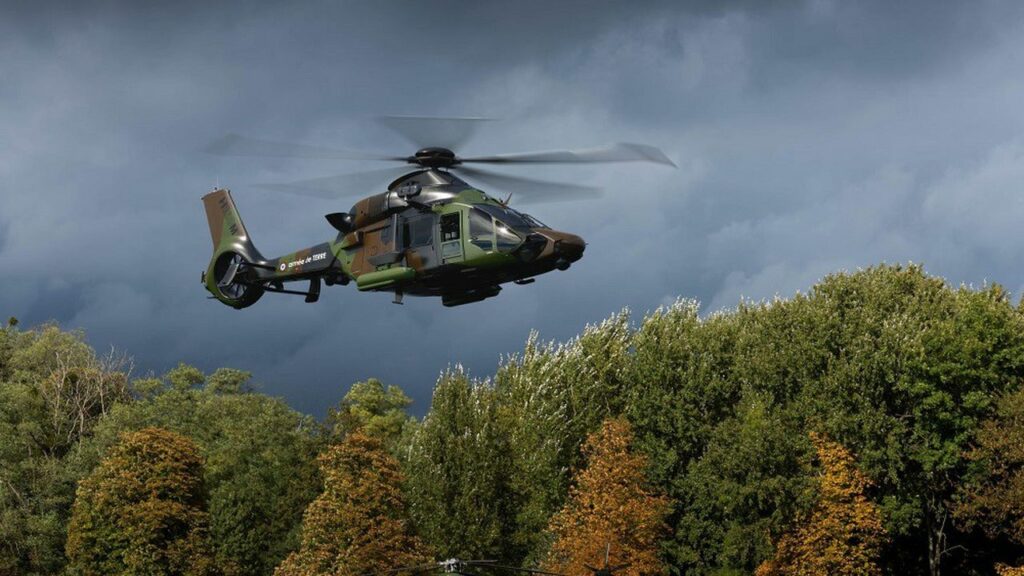
International cooperation and public-private partnerships
International cooperation and public-private partnerships play a central role in the management of private air fleets for governments and armies. These collaborations enable us to pool resources and benefit from greater flexibility in responding to diverse situations.
Collaboration between governments and private operators in fleet management
Governments often collaborate with private operators to manage their private aircraft fleets. These partnerships provide greater flexibility in aircraft utilization, while optimizing operating costs. What’s more, these agreements enable us to better allocate resources and adapt our fleets to the specific needs of each mission, whether it involves diplomatic travel, military support or humanitarian operations.
International partnerships for airport and air logistics
International partnerships are essential to ensure smooth air logistics between different countries. Many governments choose to work with private partners and other states to guarantee the safety and efficiency of diplomatic and military flights. These collaborations ensure secure itineraries and facilitate access to airport infrastructures adapted to sensitive missions.
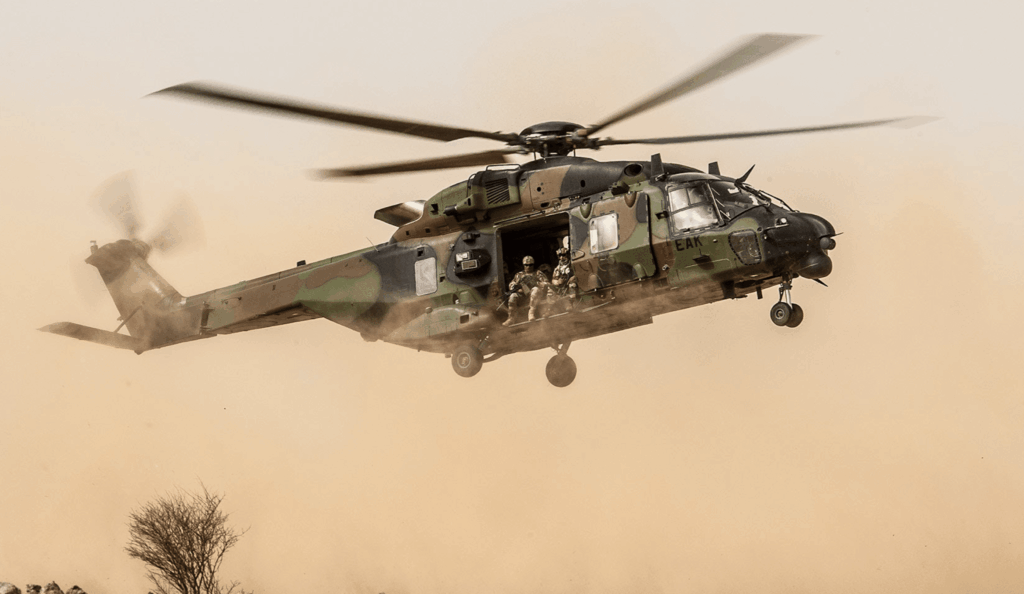
Conclusion
Private aviation plays a decisive role in the management of government and military travel, offering mobility, security and responsiveness in high-pressure situations. Private aircraft and helicopters dedicated to these missions are essential to the smooth running of diplomatic, humanitarian and military affairs. In this age of new technologies and global security challenges, the continuous adaptation of these air fleets to contemporary needs is essential to guarantee their efficiency and performance.

Secure payments by
A question? Contact our airline experts

Isabelle CLERC
CEO AEROAFFAIRES

François-Xavier CLERC
Founder AEROAFFAIRES
Our airline experts remain at your disposal to help you at every stage of your reservation.

